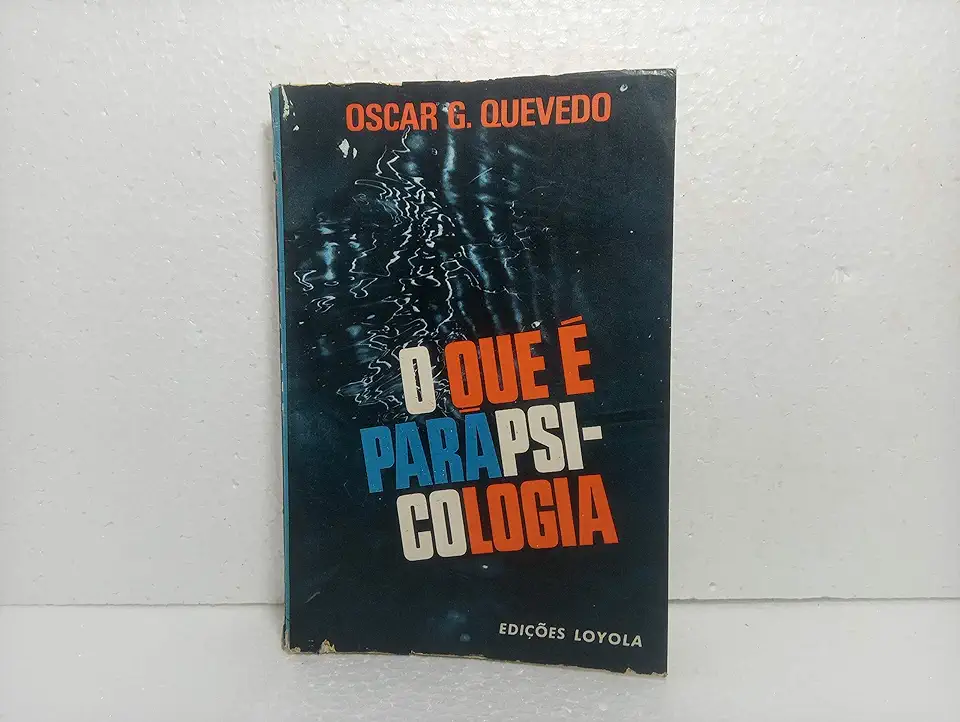
What is Parapsychology - Oscar G. Quevedo
What is Parapsychology?
An Introduction to the Scientific Study of Psychic Phenomena
Have you ever had a strange feeling that someone was watching you, only to turn around and find no one there? Or have you ever had a dream that seemed to come true in real life? If so, you may have experienced what is known as a psychic phenomenon.
Psychic phenomena are events that cannot be explained by the laws of physics or biology. They include things like telepathy, clairvoyance, and psychokinesis. While many people believe in psychic phenomena, there is no scientific consensus on whether or not they actually exist.
Parapsychology is the scientific study of psychic phenomena. Parapsychologists use rigorous scientific methods to investigate claims of psychic abilities and to try to understand the nature of consciousness.
The History of Parapsychology
The history of parapsychology can be traced back to the 19th century, when a number of scientists began to investigate reports of psychic phenomena. In 1882, the Society for Psychical Research (SPR) was founded in London, England. The SPR is the oldest and most prestigious organization dedicated to the scientific study of psychic phenomena.
In the early 20th century, parapsychology began to gain acceptance as a legitimate field of study. In 1919, the American Society for Psychical Research (ASPR) was founded in New York City. The ASPR is the largest parapsychology organization in the United States.
Today, parapsychology is taught at universities around the world. There are also a number of parapsychology research institutes, such as the Rhine Research Center in Durham, North Carolina, and the Institute of Noetic Sciences in Petaluma, California.
The Methods of Parapsychology
Parapsychologists use a variety of methods to investigate psychic phenomena. These methods include:
- Anecdotal evidence: Parapsychologists collect stories from people who have had psychic experiences.
- Case studies: Parapsychologists study individual cases of psychic phenomena in depth.
- Laboratory experiments: Parapsychologists conduct experiments in the laboratory to test for the existence of psychic abilities.
- Meta-analyses: Parapsychologists combine the results of multiple studies to get a better understanding of the evidence for psychic phenomena.
The Evidence for Psychic Phenomena
There is a growing body of evidence that suggests that psychic phenomena are real. Some of the most compelling evidence comes from laboratory experiments.
For example, in a study published in the journal Nature, researchers found that people were able to guess the order of cards in a deck with greater than chance accuracy. This study suggests that people may have a psychic ability to sense information that is not available to their physical senses.
Another study, published in the journal Proceedings of the National Academy of Sciences, found that people were able to influence the outcome of random events. This study suggests that people may have a psychic ability to affect the physical world with their minds.
The Implications of Parapsychology
The implications of parapsychology are profound. If psychic phenomena are real, then it means that our understanding of the universe is incomplete. It also means that we may have the ability to use our minds to heal ourselves and others, and to communicate with people who have passed on.
Parapsychology is a challenging field of study, but it is also a fascinating one. If you are open-minded and willing to explore the unknown, then I encourage you to learn more about parapsychology. You may be surprised at what you find.
Conclusion
Parapsychology is the scientific study of psychic phenomena. There is a growing body of evidence that suggests that psychic phenomena are real. The implications of parapsychology are profound. If you are open-minded and willing to explore the unknown, then I encourage you to learn more about parapsychology. You may be surprised at what you find.
Enjoyed the summary? Discover all the details and take your reading to the next level — [click here to view the book on Amazon!]